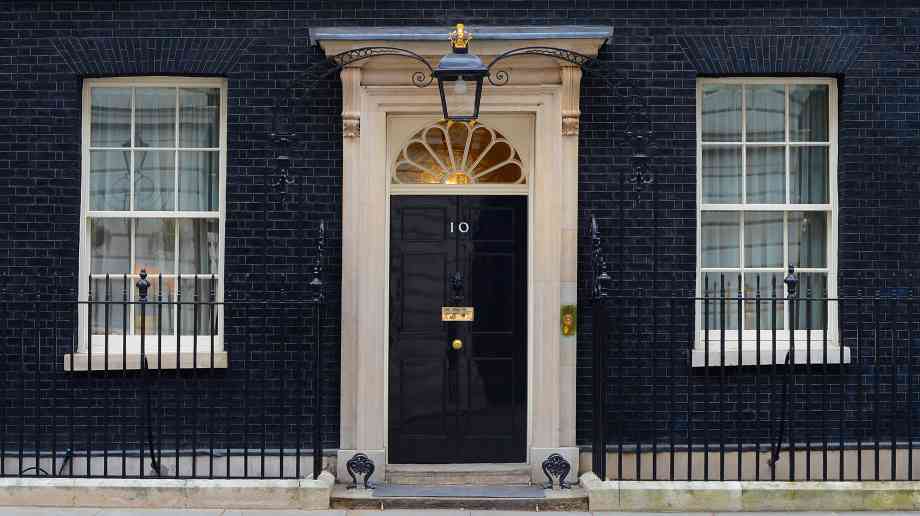Sue Robb of 4Children talks to Julie Laughton and Alison Britton from the Department for Education about the role of childminders in delivering the 30 hours free entitlement.
Health and social care tax plans outlined

As expected, Prime Minister Boris Johnson has said that a new health and social care tax will be introduced across the UK to pay for reforms to the care sector and NHS funding in England.
Expecting to raise £36 billion for frontline services in the next three years, Boris Johnson said that the plan would prove the ‘biggest catch-up programme in the NHS’ history’.
The tax will begin as a 1.25 per cent rise in National Insurance from April 2022, and will then become a separate tax on earned income from 2023 - appearing on an employee's payslip. Income from share dividends - earned by those who own shares in companies - will also see a 1.25 per cent tax increase.
Johnson said the proceeds from these rises would lead to £12 billion a year going into catching up on the backlog in the NHS created by the coronavirus pandemic, increasing hospital capacity for nine million more appointments, scans and operations.
The government says that, by 2024/25, there would be the ability to help 30 per cent more elective patients than before the pandemic.
The generated funding will also go towards changes to the social care system, where a cap will be introduced on care costs from October 2023 of £86,000 over a person's lifetime. It means that all people with assets worth less than £20,000 will then have their care fully covered by the state, and those who have between £20,000 and £100,000 in assets will see their care costs subsidised.
Company Focus
Located in Bromley, Japanese Knotweed Eradication Ltd has been providing solutions in the treatment and removal of Japanese Knotweed (Fallopia Japonica) for over a decade. During this time we have mastered a repertoire of methods, from herbicidal treatments to landscaping solutions, tailored to address the unique challenges our clients face with this pervasive weed.
Event Diary
UKREiiF has quickly become a must-attend in the industry calendar for Government departments and local authorities.
The multi-award-winning UK Construction Week (UKCW), is the UK’s biggest trade event for the built environment that connects the whole supply chain to be the catalyst for growth and positive change in the industry.
Supplier Profiles
Geo Energy
At GeoEnergy Design, we're on a mission to disrupt the traditional way heating and cooling ha
Latest Features
Professor Harith Alani, director of the Knowledge Management Institute at the Open University explains how AI can be used for good and bad.
Alex Lawrence, head of health & social care, techUK sets out techUK’s Five Point Plan for CareTech.

















